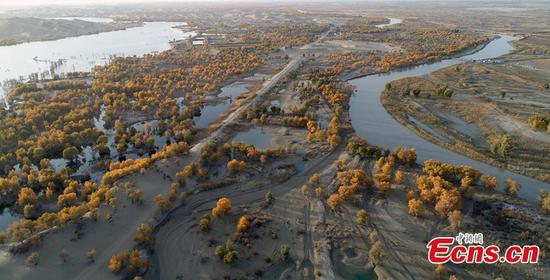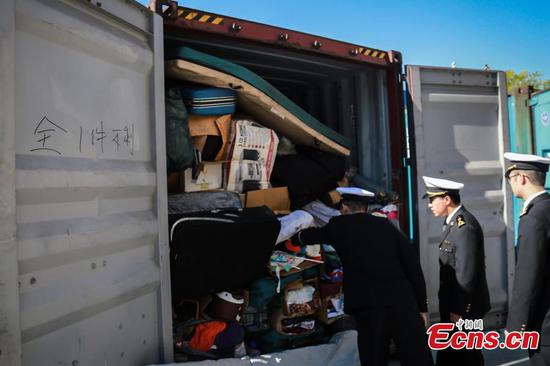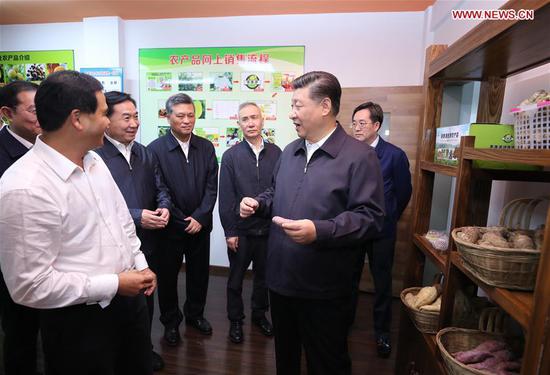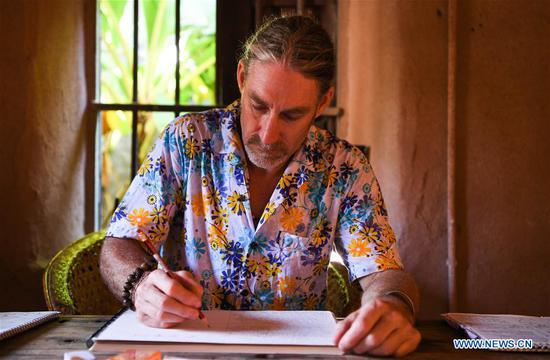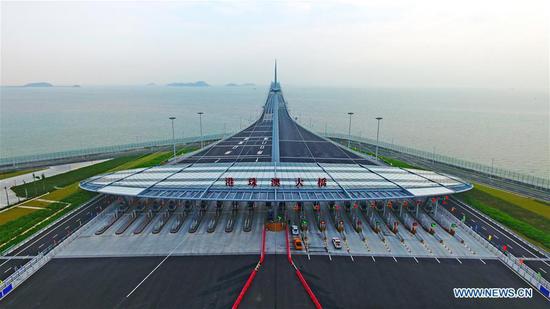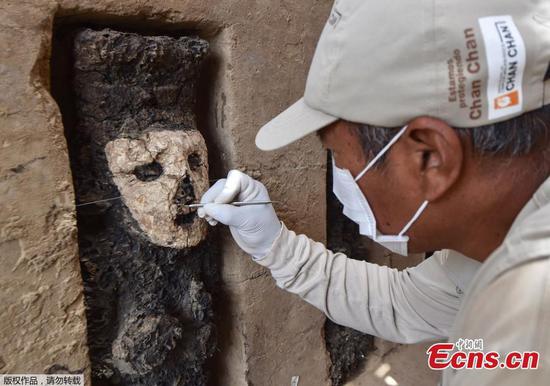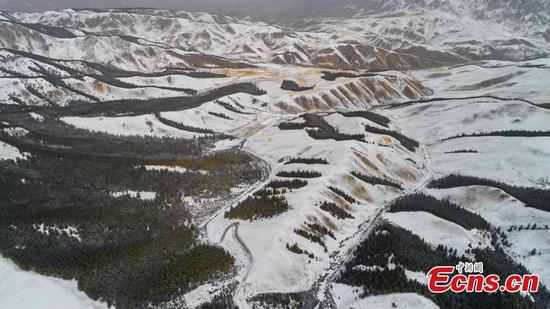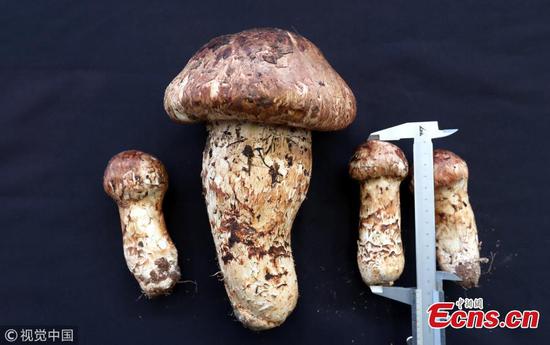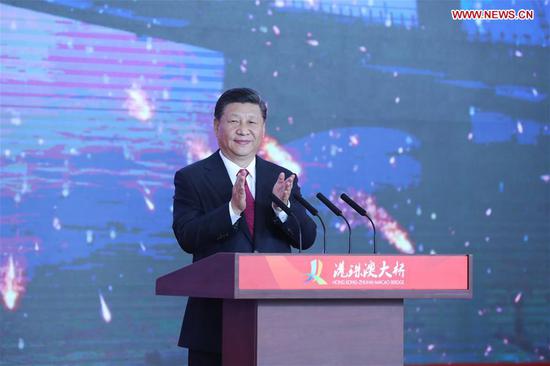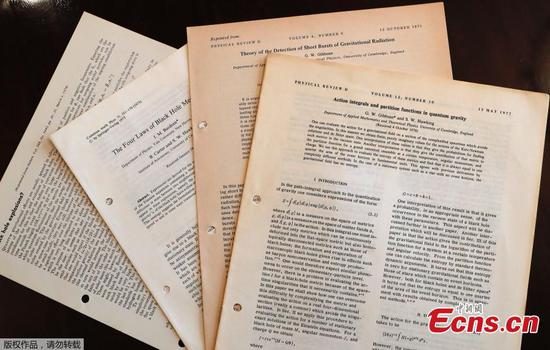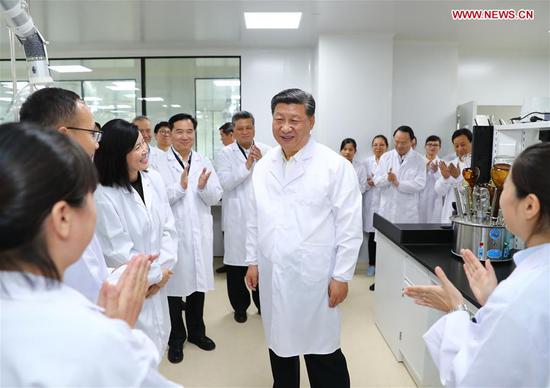The top legislature has urged intensified efforts to fight pollution in rural areas to ensure food safety after a four-month inspection revealed tough challenges including soil pollution.
Although it is illegal to discharge sewage, garbage, gas or other harmful substances at the places of origin of agricultural products, governments in many places have not strictly observed the law, according to a report released on Wednesday by the Standing Committee of the National People's Congress.
The report, based on a national inspection of the enforcement of the Law on Agricultural Product Quality and Safety conducted between May and September, said 2.9 percent of China's cultivated land has serious or medium pollution, and the situation is getting worse in some areas.
Specific information on Chinese farmland pollution, including the total area and distribution, is still not available, impairing supervision and restoration efforts, Ji Bingxuan, vice-chairman of the NPC Standing Committee, said on Wednesday while making the report to the committee.
The inspection team suggested a national survey on soil pollution be completed by the end of the year to gain a detailed view of the size and distribution of polluted cultivated land and the impact of pollution on the quality of agricultural products, he said.
Also, strict measures will be adopted to control the use of heavily polluted cultivated land. No edible agricultural products should be grown on it, he said.
Intensified efforts will be made to punish enterprises that illegally discharge sewage containing heavy metal to stop it from flowing into farmland, he said. In some regions, especially where heavy metal mines are located, farmland is seriously polluted, which has caused food safety problems and aroused public complaints in recent years, Ji said.
In November, a media report said rice growing in some farmland in Gangkoujie township in Jiujiang, Jiangxi province, was found to contain cadmium at more than eight times the national standard, which caused a panic among locals.
Investigations by local authorities later found sewage discharged by a local mine caused pollution of nearby farmland. Also, sewage treatment capacity in some cities had fallen behind demand, the report noted.
Yu Fawen, an agricultural researcher at the Chinese Academy of Social Sciences, said environmental pollution is very serious in many rural areas of China, with treatment of sewage and solid waste at a significantly lower level than in urban areas, and more funding from the government is needed.
"A means of improving and maintaining the environment in rural areas should be established, so that different parties, including farmers, can participate in environmental protection," he added.















